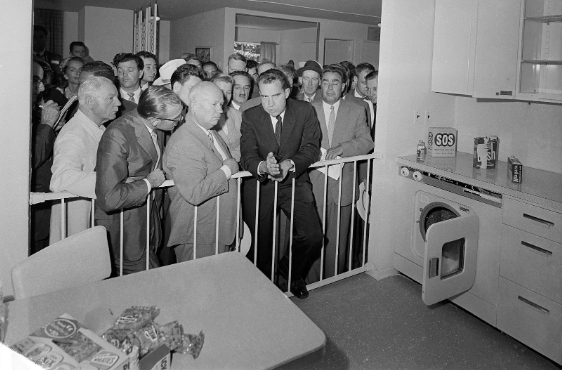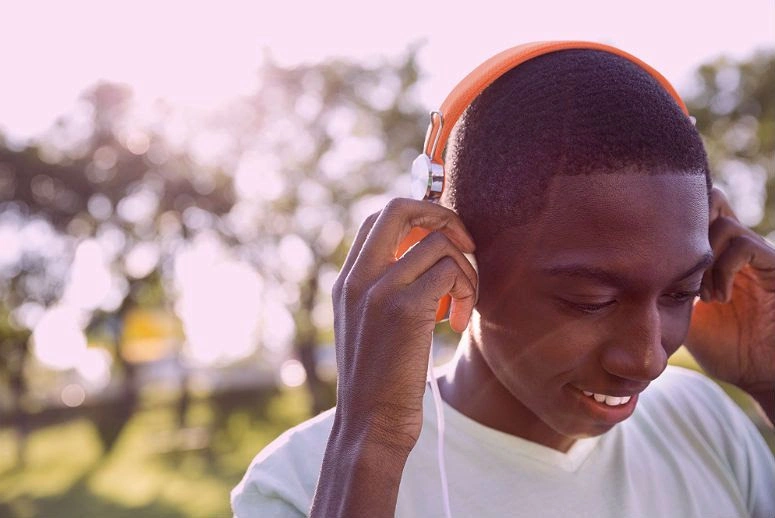Whether they show it or not, many teens in high school experience tragedies that affect their mental health, academic performance, and social lives. Suffering tragedies during teen years have become even more common across the country with the uptick in school shootings and gun violence. Although it may seem inconceivable during times of grief, tragedy doesn’t only need to affect a person negatively – it can affect a person positively.
Yes, what if tragedy helped you become a new and improved person? Tragedy can either make us or break us, depending on how we choose to handle it.
According to Harvard Business Review, negative experiences can bring positive change such as personal strength, greater appreciation for life, an exploration of new possibilities, and spiritual growth. By deciding how you want to handle trauma, you’d be surprised at what you can accomplish. You’d be equipped to tackle future challenges.
According to Dr. Ramani Durvasula, a licensed clinical psychologist, tragedy can help people grow: “It is at times of tragedy that we get forced into coping and pushing through, and regardless of what shape you are in on the other side of the tragedy, you can learn from the fact that the world did not stop spinning and you are still moving forward.”
According to the American Psychological Association, in the mid-1990s, the post-traumatic growth theory was developed by psychologists Richard Tedeschi, PhD, and Lawrence Calhoun, PhD. They theorized that a struggle following adversity can often result in positive growth as time goes on. “PTG is sometimes considered synonymous with resilience because becoming more resilient as a result of struggle with trauma can be an example of PTG—but PTG is different from resilience,” says Kanako Taku, PhD, associate professor of psychology at Oakland University.
A junior at Santa Fe High who wishes to remain anonymous recently went through not one, but two tragedies this school year. Toward the end of October, their uncle was shot and killed. Then, in early January, their last remaining uncle unexpectedly got sick and passed away.
“I’m torn on my two uncles’ deaths,” the student said. “But seeing the lives they lived, their deaths brought me peace that they aren’t suffering the way they did anymore.”
This junior said that their two uncles’ deaths impacted them positively in some ways. “As much as their deaths continue to hurt me every day,” they said, “I know that falling into a depression will only waste my time.”
The student reflected on their response to the tragedy and remarked, “There are many other ways to cope and heal from tragedy, not just drugs, alcohol, or sleeping.”
The student wants to make their uncles proud, especially considering the lives they lived. “Although my uncles got a GED, they still never graduated high school or went to college,” the student said. “At the time they would’ve graduated, life interfered with their plans … I want to make them proud by being the first to graduate high school and go to a good college. I want to take all the opportunities to have the good education they couldn’t have.”
This junior decided to take the tragedy of their two uncles’ deaths to push harder every day to excel in school in hopes of getting into a good college. The deaths motivate this student to keep going in life and not give up so that they can have the future their uncles never had. They do it all in their honor.
A freshman who wishes to remain anonymous almost lost her mother to cancer. “As she started wearing wigs, I started to feel anxious and worried,” they said. “It was definitely a tough time for me.” As they were expecting their mother to pass, they started thinking negatively, falling into a hole, thinking about life without their mother.
Their mother also wasn’t able to graduate high school due to personal events at home. “Since my mom didn’t get to finish school, I knew I couldn’t disappoint her by falling into a depression,” they said. “Instead, I was motivated to make her proud by graduating high school, and because we were expecting her to not make it, her death would’ve made me appreciate life even more.”
The student’s mother actually beat cancer and is well and alive today. “I’m still going to do my best in school,” the student said. “I have to since my birth was partly the reason she had to drop out of school. If there’s anything my mom’s death scare taught me, it’s that you’ve got to appreciate every moment in life.”
It’s very easy to fall into a depression after a tragedy has occurred, but there’s no need to. Of course, people need to feel the loss, grieve, and have time to process things. But you don’t need to feel that way forever because your life still isn’t over yet.













